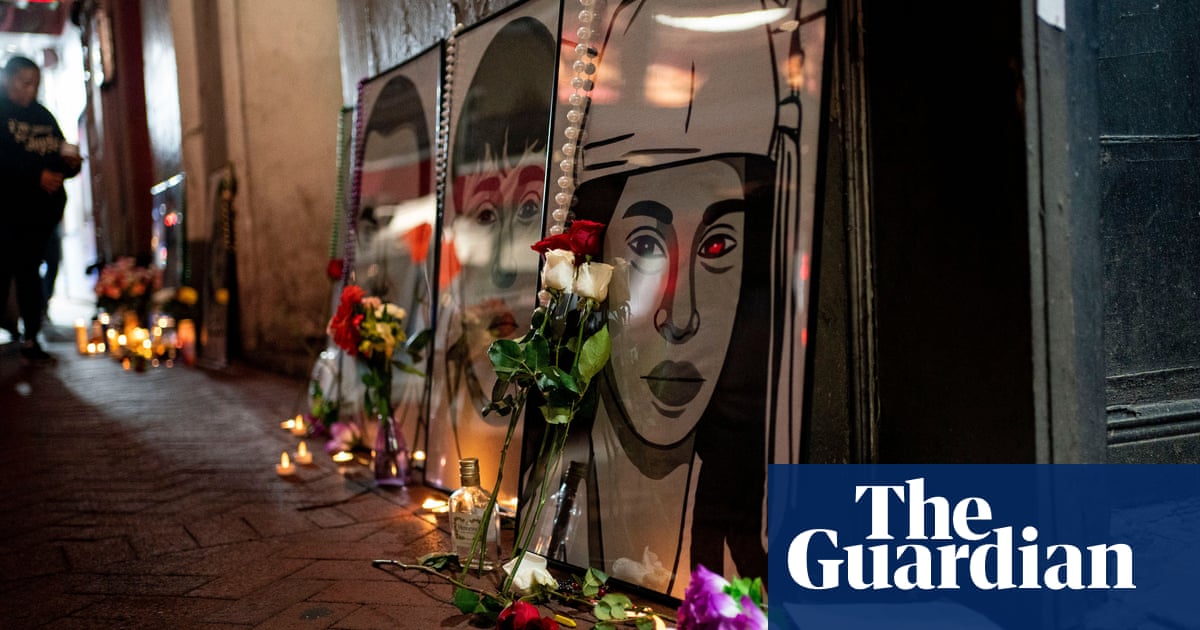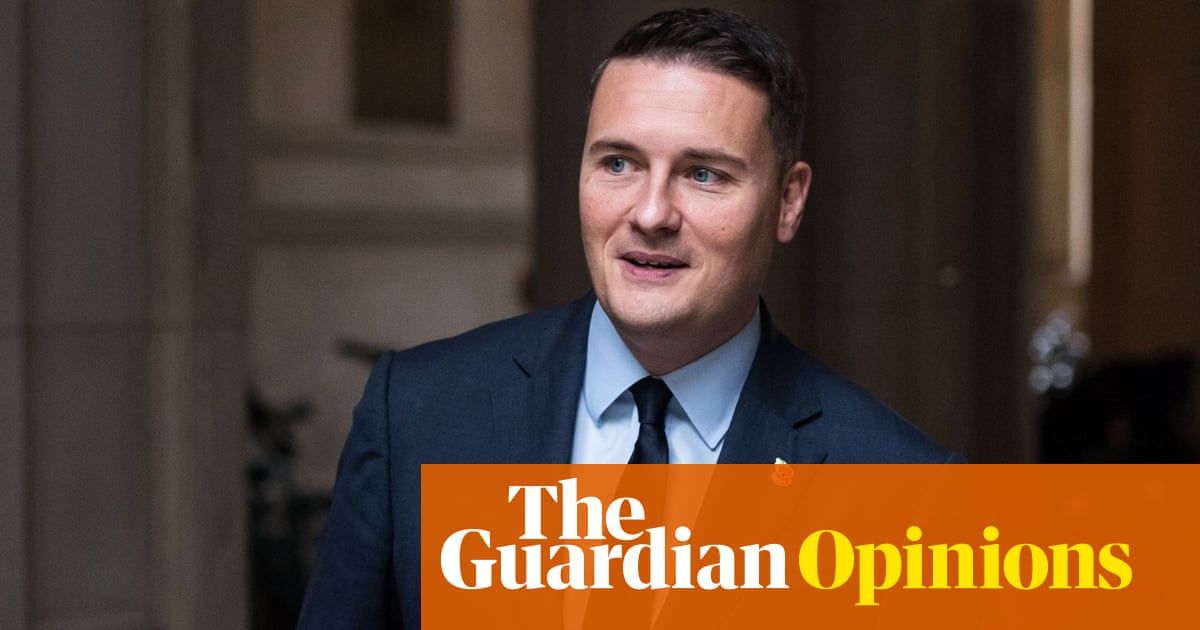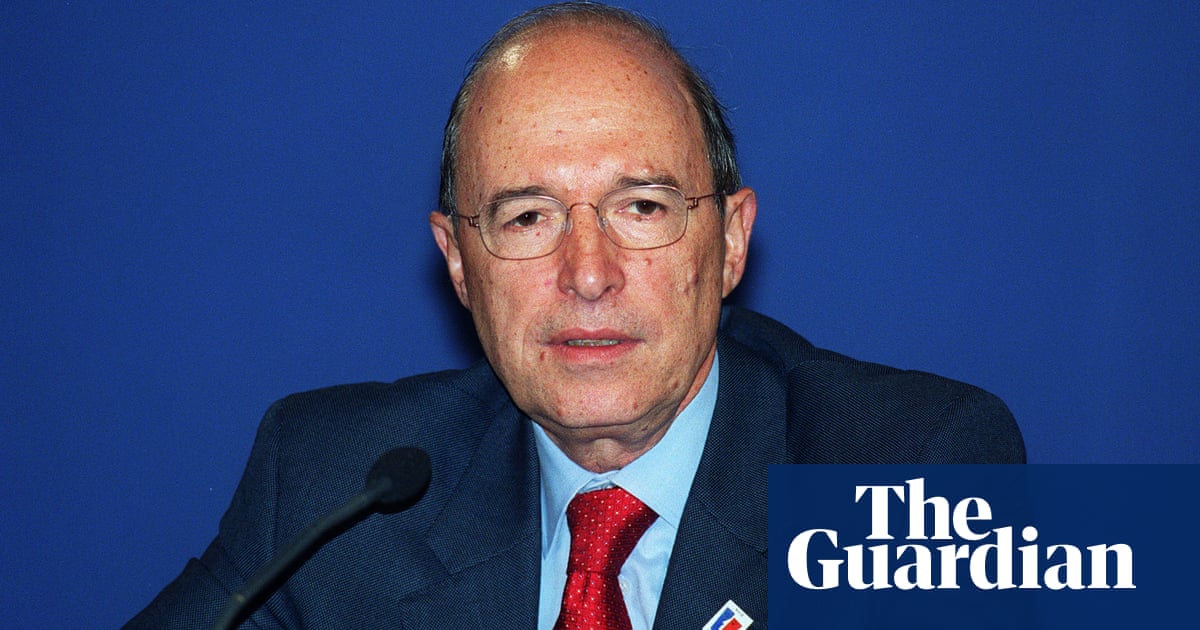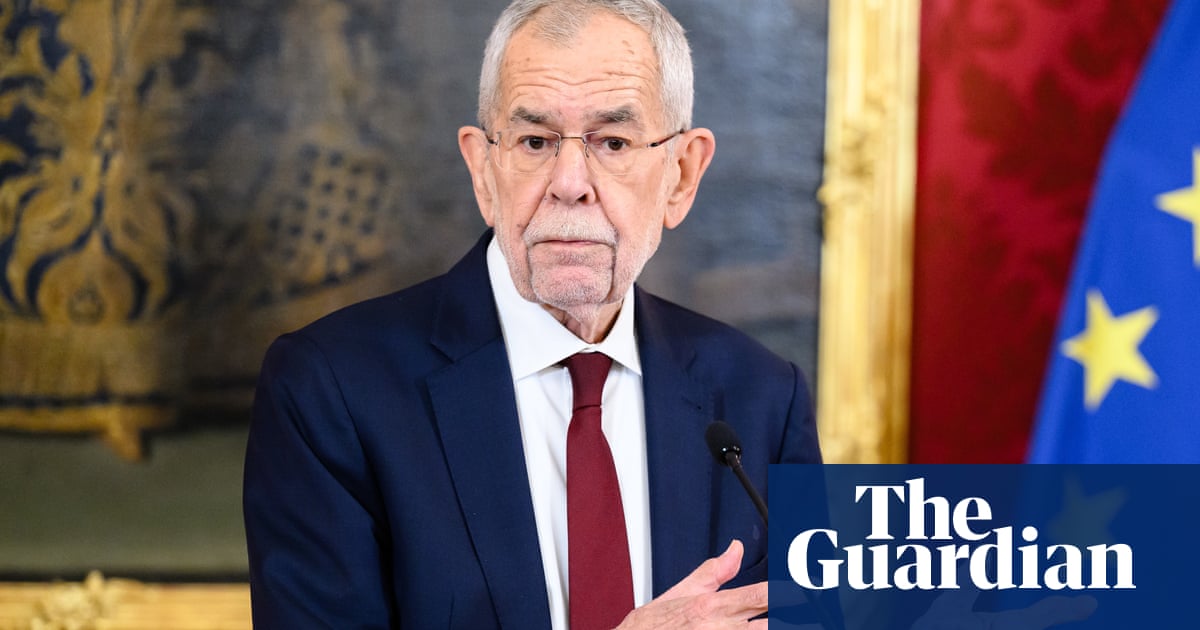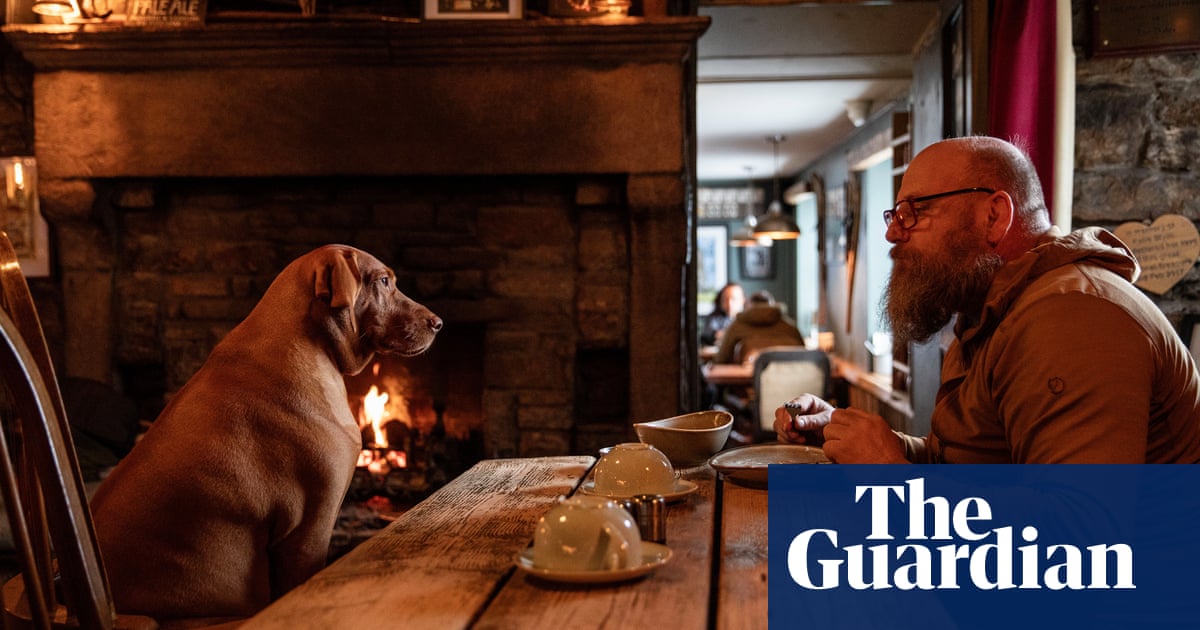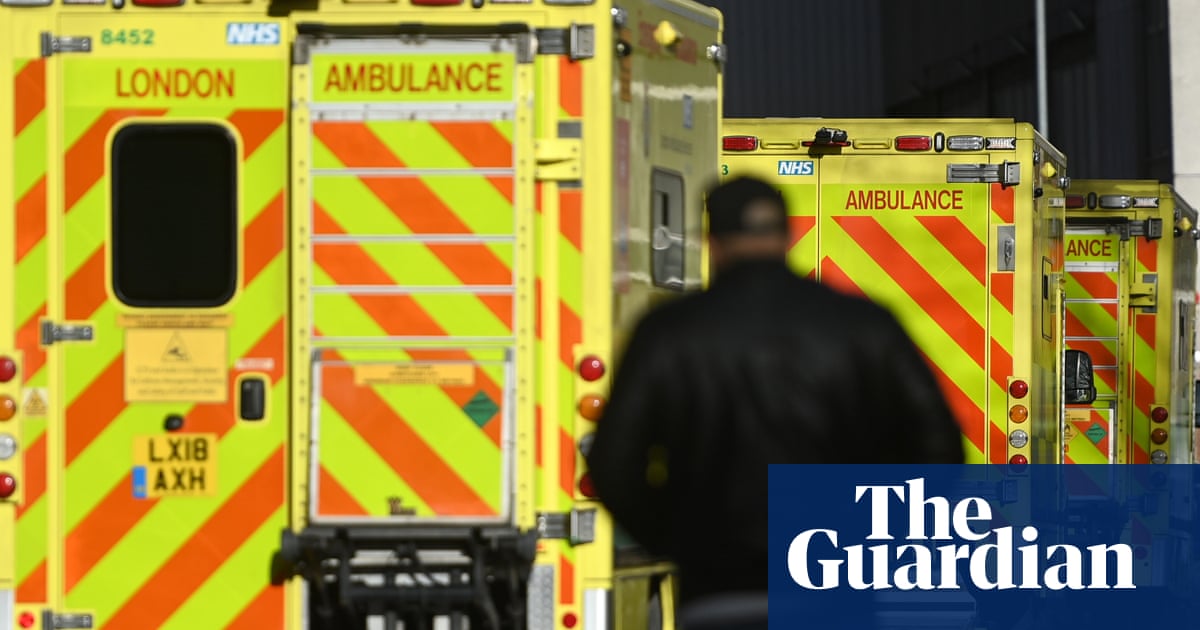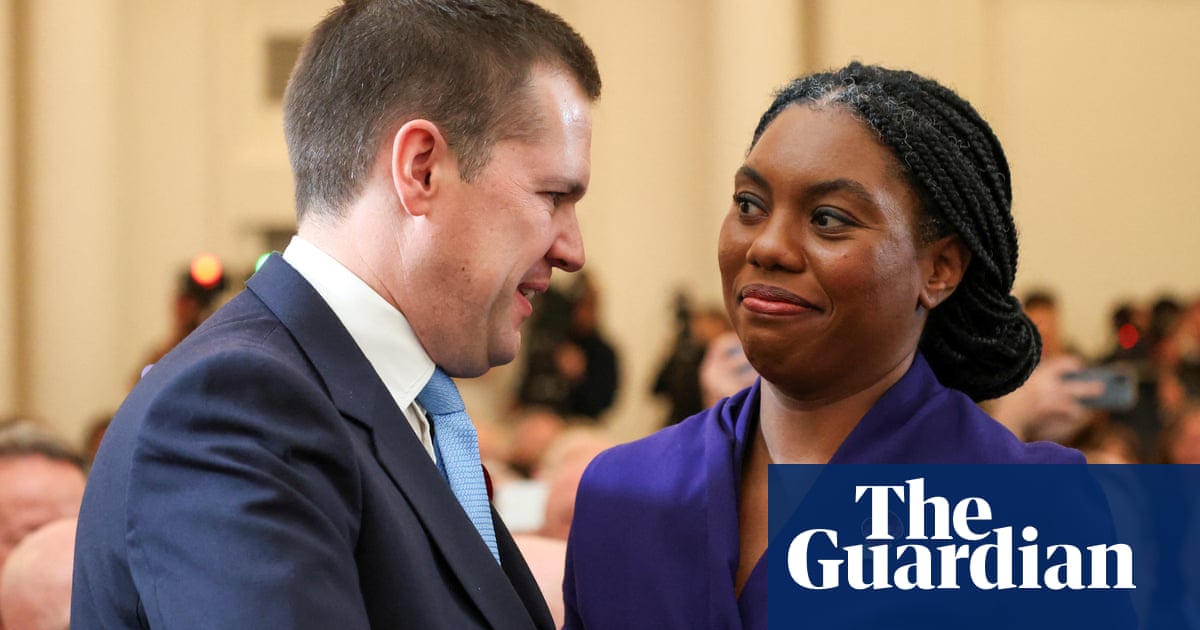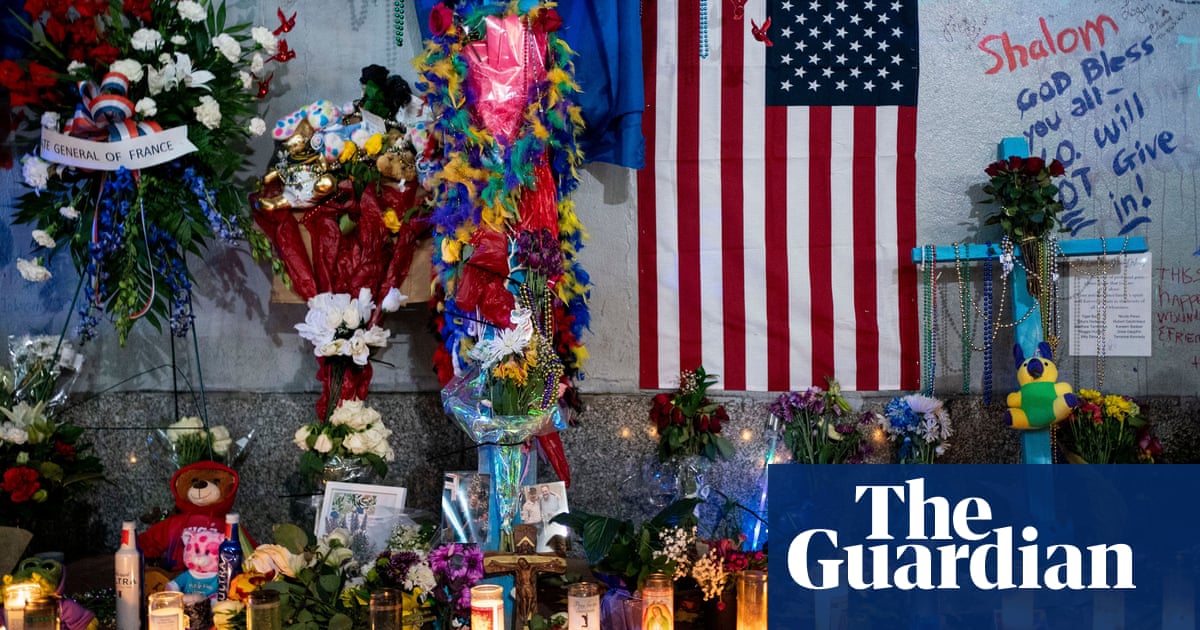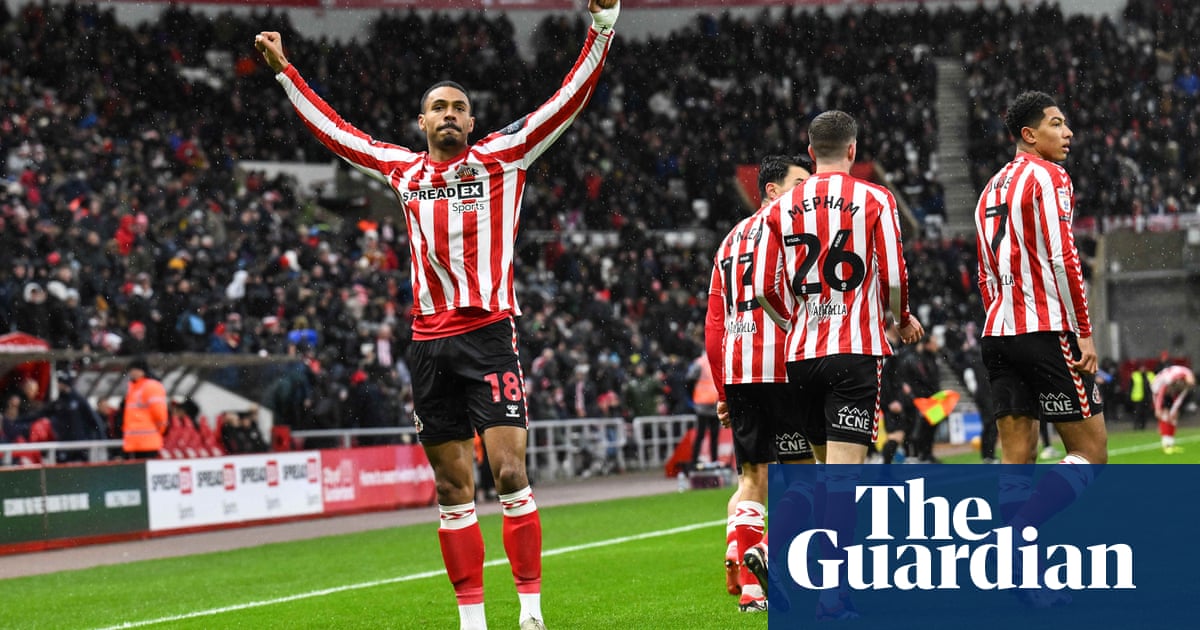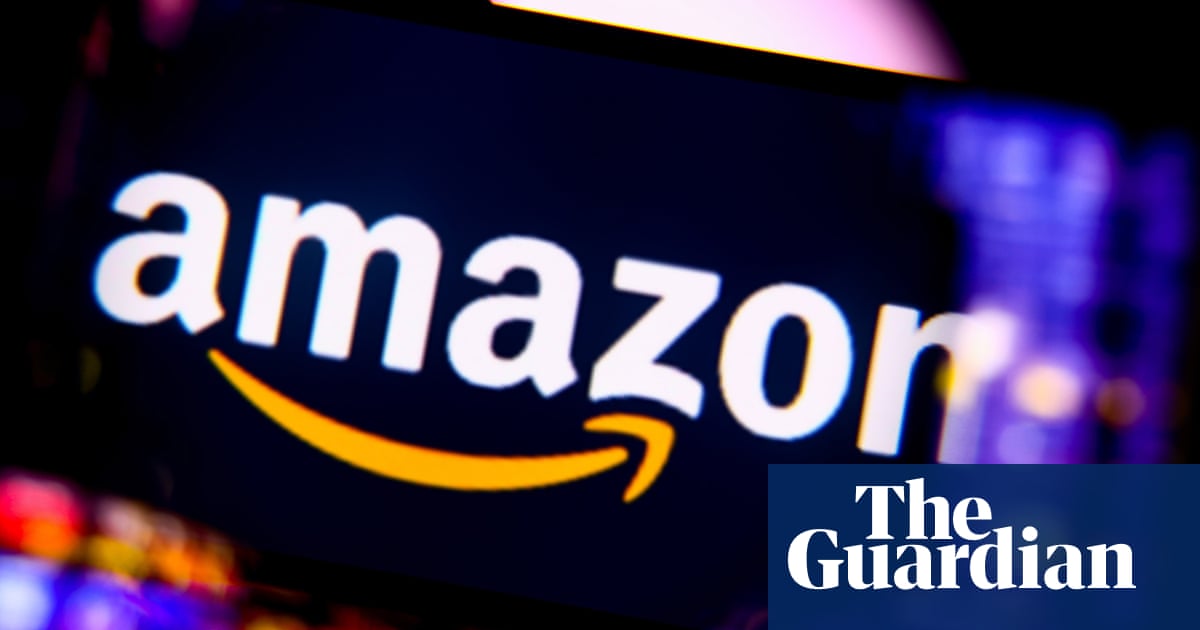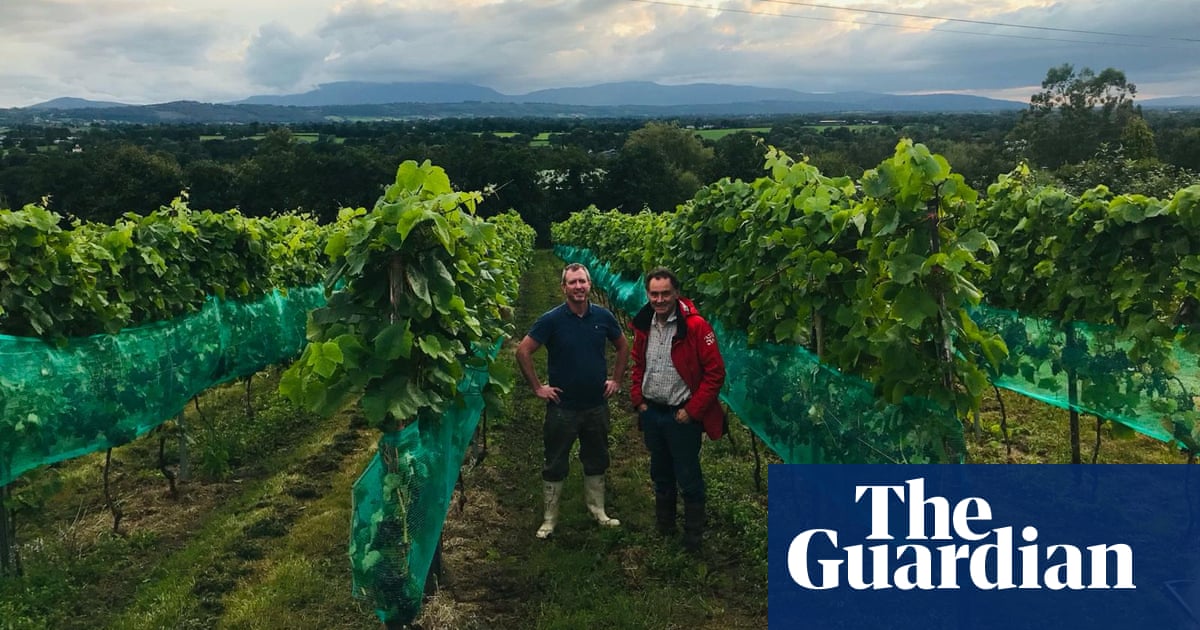On Sunday evening, the Philadelphia council member Quetcy Lozada was attending a campaign event with Vice-President Kamala Harris at a local restaurant, as the Democratic presidential candidate unveiled a new economic proposal for Puerto Rico.
Lozada is of Puerto Rican descent and represents the seventh city council district in Philadelphia, made up of over 50% Latino, predominantly Puerto Rican, residents.
As Lozada left the campaign event, her phone began blowing up. Contacts began sending her texts with the video of racist remarks by a comedian, during a Trump rally in New York.
“I got in the car, I looked at the video, and I had to play it multiple times in order to make sure that I was hearing what I was actually hearing,” Lozada said in an interview. “I was absolutely frustrated, I was angry – but I was not surprised.”
As the Harris campaign was announcing her policy proposals for Puerto Rico, comedian Tony Hinchcliffe was opening for a Trump campaign rally in New York. Hinchcliffe, during his introduction, made racist and disparaging remarks about Puerto Ricans.
“There’s a lot going on. I don’t know if you guys know this, but there’s literally a floating island of garbage in the middle of the ocean right now. I think it’s called Puerto Rico,” said Hinchcliffe, a comedian and host of the popular podcast and stand up comedy show Kill Tony.
The racist comments spread like wildfire, leading to anger and indignation in Pennsylvania, one of the most important battleground states in the US election which many experts think is crucial to any attempt to win the White House. There are over 472,000 Puerto Ricans in the state of Pennsylvania, according to the US census bureau.
A Puerto Rican voter, Yemele Ayala, who was also at the Harris campaign event in Philadelphia, found Hinchcliffe’s comments disturbing.
“We should take this at face value – people’s behavior does tell the truth about themselves,” Ayala said. “And this is not the first time that our Puerto Rican community feels disrespected.”
As Ayala, a Harris supporter, watched the video of the racist remarks, her first thoughts were: “We still have more work to do.”
The backlash against the racist comments has led to Democratic party leaders to denounce the Trump campaign, seizing the opportunity to mobilize voters among Latino communities. On Monday morning, Lozada joined the Harris campaign in a press conference, denouncing the racist comments.
The Guardian spoke with Puerto Rican community leaders and voters, who have expressed anger at the racism and who hope will motivate people to vote for Harris in the crucial state.
Lozada said the racist comments were representative of the Trump campaign’s outlook on immigrant communities “Today, the Puerto Ricans are the topic of conversation. Not long ago, it was Venezuelans, it was Mexicans – it’s immigrants in general.”
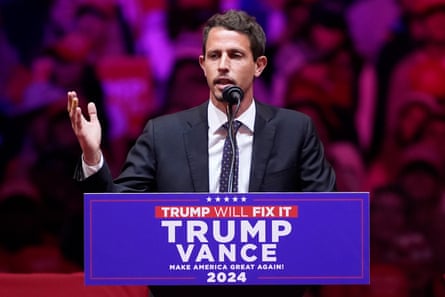
During the Trump rally, the Democratic vice-presidential candidate, Tim Walz, and New York congresswoman Alexandria Ocasio Cortez live-streamed their reaction to the racist comments.
“Who is that jackwad?” Walz asked, then adding: “There are hundreds of thousands of Puerto Ricans across, in battleground states, that we need to send them a message: you’ve gotta vote.”
In response, the comedian, Hinchcliffe, published a post on X, formerly known as Twitter, saying that the Democratic party has “no sense of humor”.
“I love Puerto Rico and vacation there,” the comedian added. “I made fun of everyone … watch the whole set. I’m a comedian Tim … might be time to change your tampon.”
after newsletter promotion
The Trump campaign, on their end, attempted to distance itself from Hinchcliffe’s comments. “This joke does not reflect the views of President Trump or the campaign,” a Trump campaign adviser said in a statement to Fox News. Other Republicans also attempted to distance themselves from racist remarks, including the Florida senator Rick Scott.
Puerto Ricans on the island, despite being US citizens, are not eligible to vote. However, those based in US states are able to vote.
After the Spanish-American War, Puerto Rico became a US territory. In 1917, Puerto Ricans became US citizens. But because of the island’s status, Puerto Ricans on the island do not pay federal income tax and do not have political representation in Congress, aside from a non-voting representative.
In 2006, a major recession hit the island. The Puerto Rican government borrowed so much money to combat the economic problems that it led to a tremendous debt crisis. In 2016, Congress passed the Puerto Rico Oversight, Management, and Economic Stability Act, which established a financial oversight board known as “La Junta”, in order to manage the island’s budget to pay back Puerto Rico’s creditors. The financial oversight board has put in place austerity and privatization programs to incentivize investors to flock to Puerto Rico.
On Sunday, the Harris campaign announced a new economic plan for Puerto Rico. If elected, Harris promised, will push forward an “Opportunity Economy” for the island.
“Working with the private sector, the Puerto Rican government, municipalities, and other stakeholders, they will fight to strengthen the energy grid, make Puerto Rico a hub for industries of the future, and uplift the island’s role as a vibrant economic and cultural center,” the Harris campaign said in a fact sheet published on the campaign’s website.
During the Trump administration, events in Puerto Rico placed the island in further turmoil. In 2017, a catastrophic hurricane struck the island, leading to deaths and tremendous devastation in Puerto Rico. After Hurricane Maria, Trump considered the idea of selling Puerto Rico. Later, a report found that the Trump administration delayed over $20bn in hurricane relief aid to the island following the hurricane. And during a visit to Puerto Rico, Trump faced backlash when he tossed paper towels at a crowd in need of supplies.
“Giving this person an opportunity to lead our country could be disastrous,” Lozada said. “At the end of the day, they have just helped us – they have helped the Democratic party for where we will be on Nov 5, with this last incident.”
Ayala, the Puerto Rican voter , agreed. The racist remarks from Sunday night, Ayala said, underestimated “the power we have, in numbers, in this country.
“America and the current state of this country has been built on the sweat, blood and shoulders of our community,” Ayala added. “We’re not taking that lightly.”

.png) 2 months ago
18
2 months ago
18
